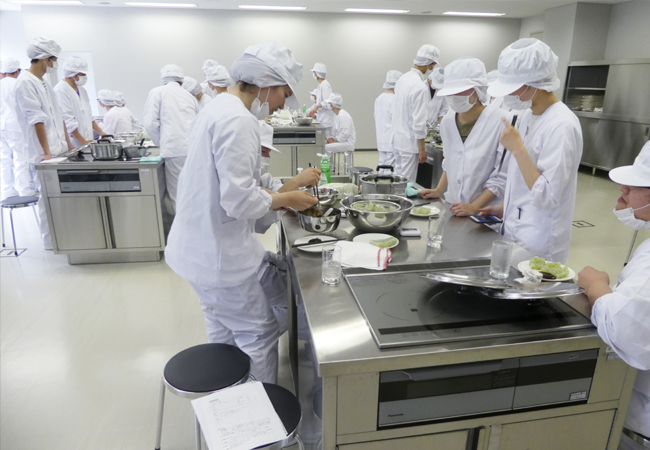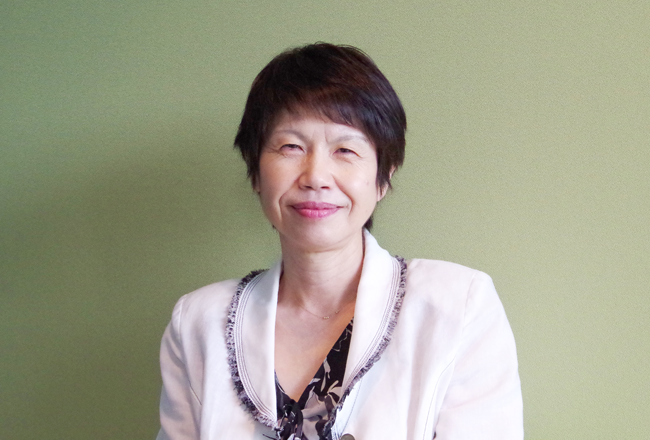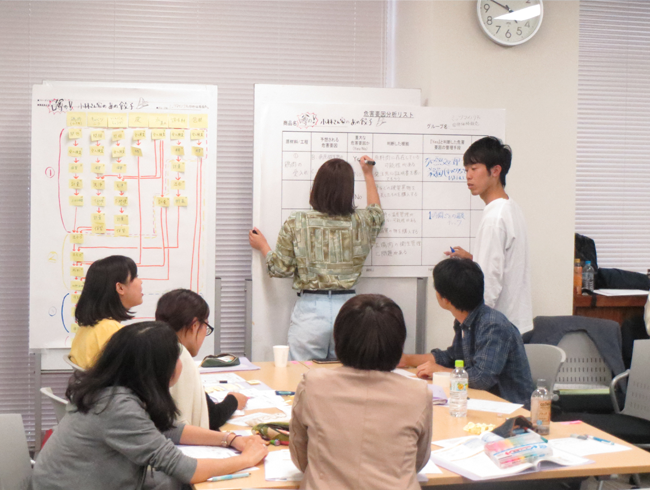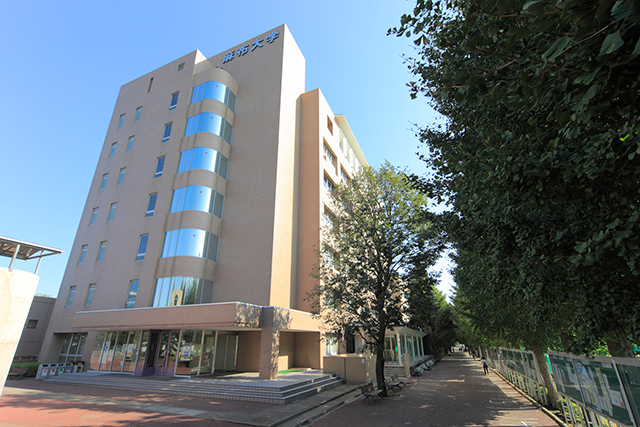
In Japanese society, where the birthrate is declining and the population is aging, the need for knowledge about "food" to maintain the health and safety of people is increasing.The Department of Food and Life Sciences at Azabu University has produced a large number of "food experts" who can meet such demand.How are the human resources who require a high degree of specialization unique to this field developed?We interviewed Professor Yoshiko Konishi, a professor of the same department.

Human resources needed in Japan now that HACCP has become mandatory
The Department of Food and Life Sciences was established in the Faculty of Life and Environmental Sciences of Azabu University in April 2008.It was established with the aim of creating a place where you can comprehensively learn about food information, food functions, and food safety, and to produce human resources who can meet the wide range of needs of the food industry.Of these, the department emphasizes the development of human resources with extensive knowledge of the HACCP (Hazard Analysis and Critical Control Point) system, an international food safety standard that has been attracting attention in recent years.
"Originally, HACCP is a system devised by NASA in the United States as a hygiene control method for producing space food that never causes food poisoning. With conventional hygiene control methods, for example, in the case of food made at the factory, the production lot About 5% of the food poisoning was sampled and inspected, and if it was OK, it was shipped. However, there are cases where only about 1 out of 1 bacteria are present in HACCP. , We carefully check whether it is safe from the stage of primary production of raw materials. There are strict standards in the design of the facility, and the storage environment of foodstuffs and the zoning (classification) of the cooking environment must be strictly performed. The idea of HACCP is to continuously carry out thorough hygiene management at each stage, such as checking methods such as cleaning, cleaning, and temperature control, and preparing measures in case something goes wrong, "says Professor Konishi. I'm talking.
The HACCP system was also introduced at the time of the revision of the Food Sanitation Law in June 2018, and all food business operators will be obliged to formulate a hygiene management plan based on HACCP in the future. As the 6 Tokyo Olympics and Paralympics are approaching, there is an urgent need to secure human resources who have accurate knowledge of HACCP in Japan as well as civil servants such as food hygiene inspectors.The Department of Food and Life Sciences, Azabu University is training HACCP system administrators who will be ready to work in such fields.

A learning environment that enhances the “growth rate” of students
Many of the students who aspire to the Department of Food and Life Sciences at Azabu University are highly motivated to study "food" from the beginning, such as those who love food and those who want to study allergies.
"In this department, we have prepared a curriculum that allows you to learn various knowledge related to food, from basics to applications, and we invite you to actively participate in practical training from the first grade. Collaboration between laboratories and external We are also engaged in joint research with institutions and companies. The employment rate of students after graduation has reached 2% for the second consecutive year.
I think that the environment in which teachers and students are close to each other, which is unique to a small university, also affects the high “growth rate” of students.In order to play an active role in society as a true "food expert," we not only engage in research and activities in specialized fields, but also properly convey the meaning and importance of those efforts to other people and society. You also need communication skills that allow you to do things, "says Professor Konishi.
The existence value of "food experts" who have the ability to support the important element of "food" that is indispensable to our society from various aspects will continue to increase in the future.

